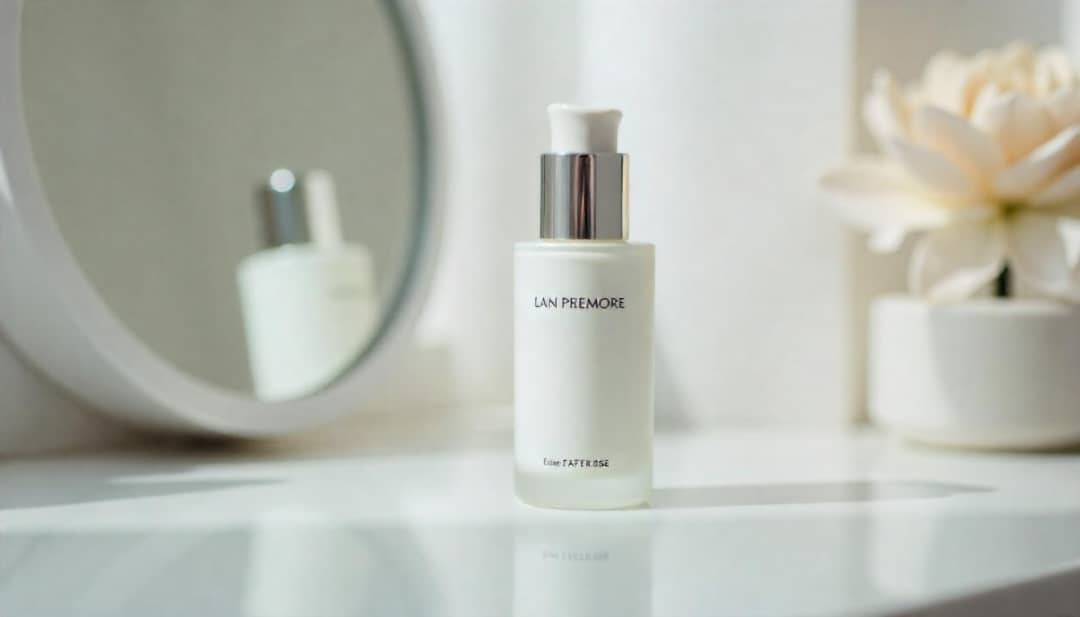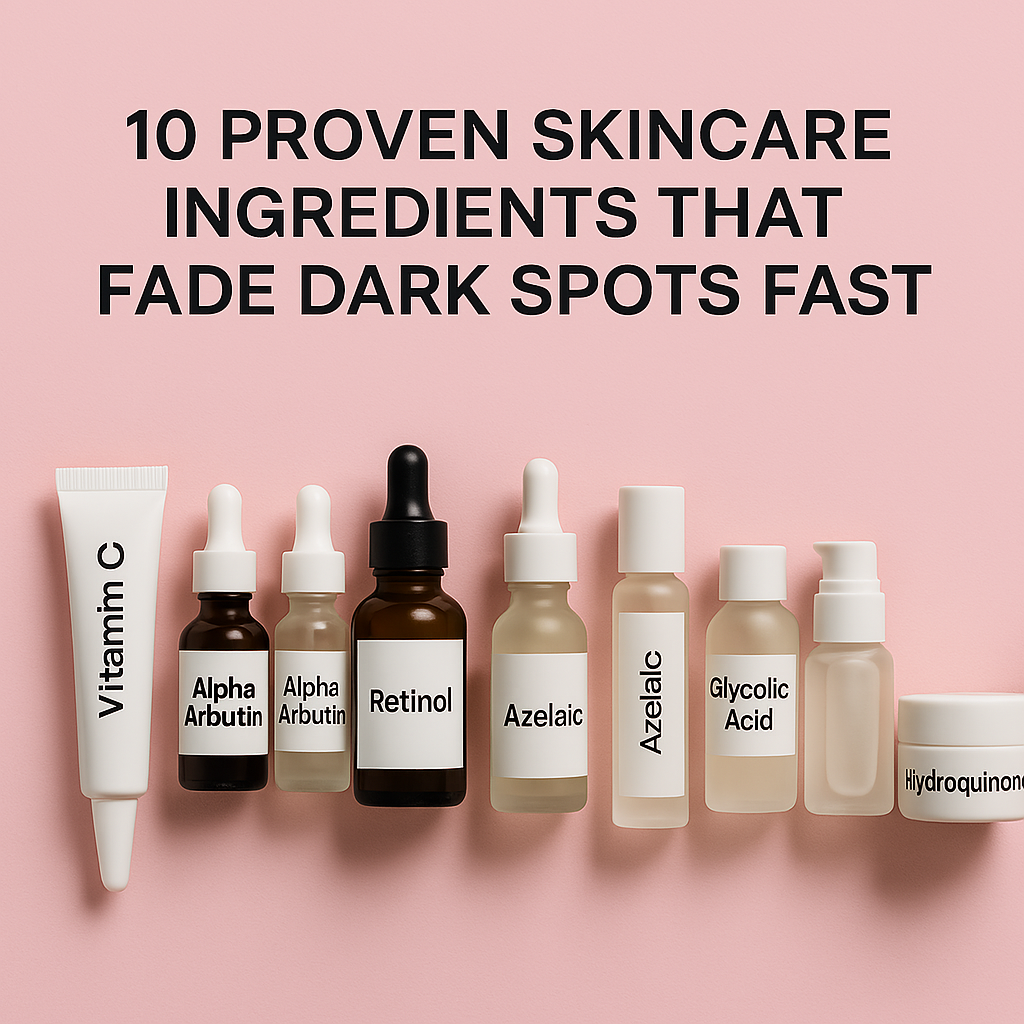When it comes to skincare, serums are often hailed as the powerhouse products in any routine. These lightweight, fast-absorbing formulas are packed with concentrated active ingredients designed to target specific skin concerns—from fine lines and acne to dullness and dehydration. But with countless serums on the market and a wide variety of ingredients to consider, choosing the right one for your skin type can feel overwhelming. Whether your skin is oily, dry, sensitive, or combination, this guide will help you navigate the serum world with confidence and clarity.
Understand Your Skin Type Before You Shop
Before adding any serum to your skincare lineup, it’s crucial to understand your skin type. This isn’t just about how your skin feels on the surface—it’s about how it behaves throughout the day and what it needs to stay balanced. Oily skin tends to produce excess sebum, leading to shine and potential breakouts. Dry skin, on the other hand, often feels tight, rough, or flaky due to a lack of oil or moisture. Combination skin features both oily and dry areas, usually with an oily T-zone and drier cheeks. Sensitive skin may react to products easily, showing redness, itching, or irritation. Knowing your skin type will narrow down the ingredients and formulations that will truly benefit your skin, avoiding products that could aggravate or fail to address your concerns.
Best Serums for Oily and Acne-Prone Skin
For oily or acne-prone skin, the focus should be on balancing oil production, minimizing pores, and preventing breakouts without stripping the skin. Look for serums that contain niacinamide, a multitasking ingredient that controls sebum, brightens skin, and reduces the appearance of pores. Salicylic acid, a beta-hydroxy acid (BHA), is also an excellent choice for its ability to unclog pores and exfoliate gently. Another beneficial ingredient is zinc, which has anti-inflammatory and antimicrobial properties that can calm blemishes and reduce redness. Choose lightweight, water-based serums that won’t clog pores or add excess shine. Avoid heavy oils or highly fragranced formulas, which can worsen breakouts or trigger irritation.
Best Serums for Dry and Dehydrated Skin
If your skin feels tight, rough, or flaky, you need a serum that delivers deep hydration and supports the skin’s barrier. Look for ingredients like hyaluronic acid, which holds up to 1000 times its weight in water and helps to plump and smooth the skin. Glycerin is another fantastic humectant that draws moisture into the skin, while squalane and ceramides help lock that hydration in and restore the skin’s lipid barrier. Serums with vitamin E, panthenol, or aloe vera can also provide soothing, nourishing benefits. For dry skin, opt for serums with a slightly richer consistency or those formulated with hydrating oils, especially during colder months. Always follow with a good moisturizer to seal everything in.
Best Serums for Sensitive Skin
Choosing a serum for sensitive skin requires extra care. The goal is to calm inflammation, reduce redness, and strengthen the skin’s natural defenses. Look for ingredients like centella asiatica (cica), chamomile, green tea extract, and allantoin, which are known for their soothing properties. Niacinamide is also well-tolerated and can improve barrier function without causing irritation. Avoid serums with alcohol, synthetic fragrances, essential oils, or harsh exfoliants like AHAs or BHAs unless your skin has already built tolerance. Patch test new serums on a small area of skin before full application to avoid potential reactions, and consider using serums labeled “hypoallergenic” or “dermatologist-tested.”
Best Serums for Combination Skin
Combination skin can be tricky, as it exhibits both dry and oily areas. The key is balance. A great option is niacinamide, which regulates oil while improving hydration and strengthening the skin barrier. Hyaluronic acid is another universal favorite—it hydrates without being greasy, making it ideal for both dry and oily zones. You can also try multi-serum layering or targeted application, using one serum on the oily areas (like the forehead and nose) and another on the dry patches (like cheeks). For example, a salicylic acid serum on the T-zone and a hyaluronic acid serum on the cheeks. Look for lightweight, non-comedogenic formulas that won’t clog pores or weigh down your skin.
Serums for Mature or Dull Skin
If your primary concern is aging or dullness, you’ll want serums that boost collagen production, even out skin tone, and restore radiance. Ingredients like vitamin C (ascorbic acid) brighten and protect the skin from environmental damage, while retinol and peptides help to firm the skin and reduce fine lines over time. Coenzyme Q10, resveratrol, and alpha arbutin are also beneficial for revitalizing tired, aging skin. Because retinol can be irritating, especially for sensitive skin types, it’s best to introduce it slowly and pair it with soothing ingredients like hyaluronic acid or niacinamide. Always follow with SPF during the day, as many of these active ingredients can increase sun sensitivity.
Don’t Forget to Consider Texture and Timing
While ingredients are key, texture matters too. Lightweight, watery serums are ideal for daytime or for layering with other products. Thicker, more emollient serums work well at night when your skin can absorb and repair. Always apply serums after cleansing and toning but before moisturizing. A little goes a long way—just a few drops are enough to cover your face and neck. If you’re using multiple serums, apply the one with the thinnest texture first, allowing each to absorb before layering the next.
Final Thoughts: Your Perfect Serum is Out There
Finding the right serum for your skin type might take a bit of trial and error, but once you discover the one that works, the results can be transformative. Pay attention to how your skin reacts, start with one active ingredient at a time, and always patch test new products. Remember, skincare is deeply personal—what works for one person may not work for another. The right serum should enhance your natural glow, support your skin’s health, and fit seamlessly into your daily routine.





